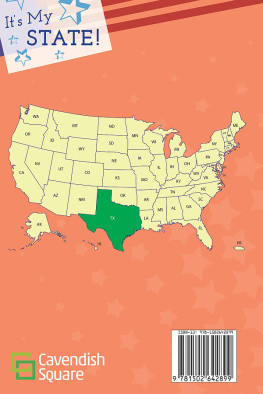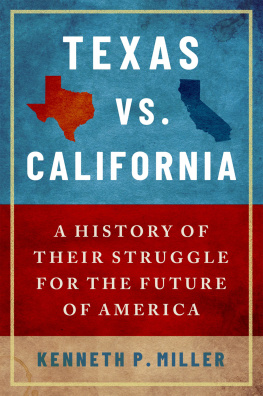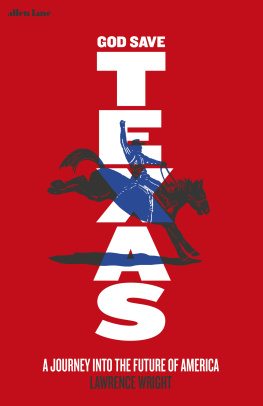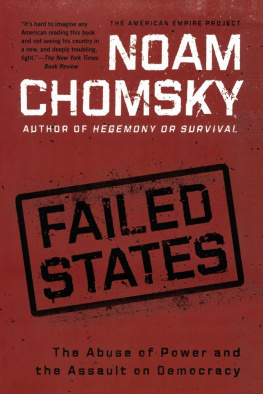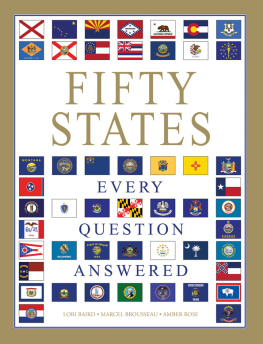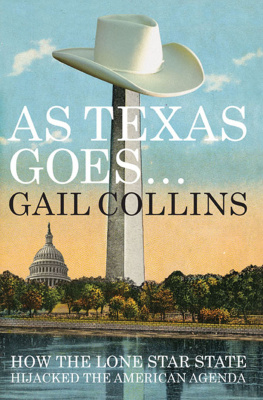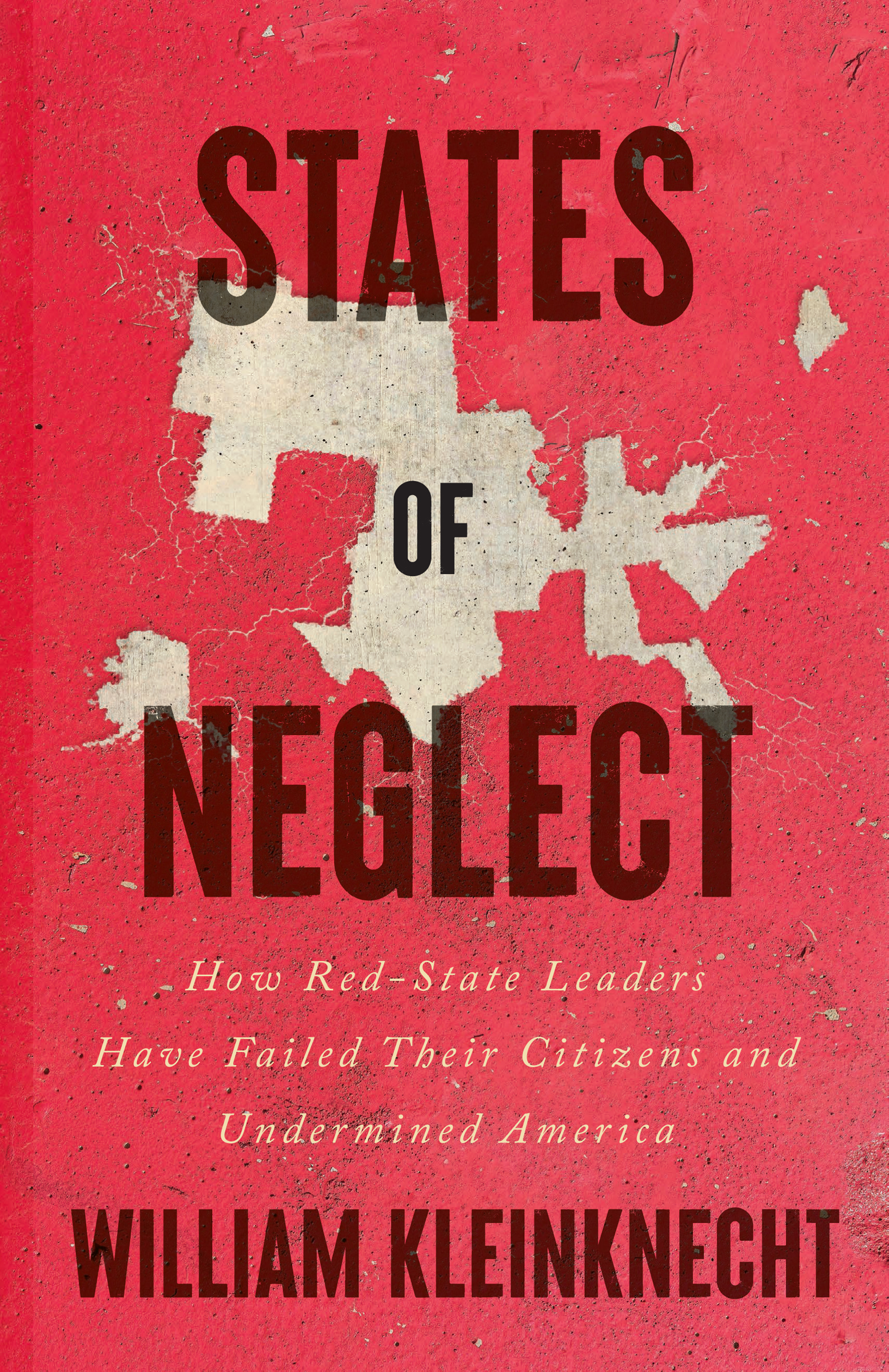Contents
Guide
Pagebreaks of the Print Version
STATES OF NEGLECT
How Red-State Leaders Have Failed TheirCitizens and Undermined America
* * * *
WILLIAM KLEINKNECHT

For my children, Christopher and Danica
Contents
Introduction
FOR A NATION WHOSE GOVERNANCE IS SCATTERED across fifty stateswhat de Tocqueville called our assemblage of confederated republicsAmerica has a strange way of acting as if the only political culture that matters is the one in its capital city. There has been a lurch to the right in Republican-controlled statehouses across the country that has had dire results for ordinary citizens but, until very recently, has largely escaped the lens of the national media. Major news outlets came to this story late and with blinders on. They have tended to pay attention to manifest injustices in GOP states, such as the attack on voting rights, only to the degree that they impinge on the balance of power in Washington. They lionized Georgias election officials in 2020 for facing down Trumps attempt at election fraud, then switched to vilifying the states GOP for its new Jim Crow-style election law, and yet throughout ignored the states perennial mistreatment of its most vulnerable citizens in almost every other sector of society. Mississippi Governor Tate Reeves was condemned during the COVID-19 pandemic because he defied federal guidelines relating to mask mandatesa topic de jour for the national medianot because his state had spent years slashing funds for rural hospitals, education, and infrastructure to free up money for corporate tax cuts. Florida Governor Ron DeSantis is pilloried by liberals and celebrated by conservatives for the thumb he places in the eye of Joe Biden, but media on both sides otherwise ignore his far-right agenda, such as his studied refusal to collect taxes owed by major corporations in his state. What affects the lives of politicos, pundits, lobbyists, and journalists inside the Beltway has blared from the cable news shows. What has really been going on in the lives of working people in Mississippi, West Virginia, or North Carolina is rarely heard above a whisper.
Only when Republican states began walking in lockstep with Trumps authoritarianism, truly imperiling our democracy for the first time since the Civil War, did most Americans in the blue states take full notice that something dangerous was happening in the rest of the country. How they could have missed it is a question that will animate future historians. The corporate money that flooded into state elections after the Supreme Courts Citizens United decision in 2010 brought to power a new generation of far-right governors and legislatorsTea Party zealots far more radical than the Reagan Republicans who preceded them. The names of governors elected in the class of 2010 are synonymous with government breakdown and attacks on workers rights: Sam Brownback, whose Kansas experiment decimated his states public sector and ended his political career; Rick Scott, the scandal-scarred businessman whose environmental deregulation in Florida exposed the Gulf Coast to ruinous algae blooms; Rick Snyder of Michigan, architect of a forced state takeover of Democrat-controlled cities that resulted in the Flint water crisis; New Jerseys Chris Christie, disgraced by the Bridgegate affair and the successive downgrade of the states bond rating; and Scott Walker, who crippled collective bargaining rights in Wisconsin, a state that was once a labor stronghold.
This new generation of state Republicans and their corporate allies not only cut deeply into the public services crucial to the lives of the poor and working class in regions decimated by globalization and deindustrialization; they enacted their anti-worker agenda by filling the public sphere with political propaganda that stoked fear and anger among the white working class. They have used billboards, TV and radio ads, and social media to demonize Democrats and provoke hysteria over divisive issues such as immigration, abortion, gun rights, teachers unions, and the socialism of the moderate who became the nations first Black president. They have left no semblance of civility in the conduct of our public affairs. The anger and cynicism that they injected into Republican state politics shook loose an avalanche of popular disaffection that came crashing down on American democracy in the Trump years, culminating in the January 6 assault on the Capitol and widespread support within the GOP for stop the steal and the election-sabotage movement. Republicans accelerated their efforts to disenfranchise Black voters at the very time that protesters were driven into the streets in revulsion over the killing of George Floyd, setting up a dangerous divide in American politics.
But the stampede to the far right in Republican states has trampled on the interests of working people across a far broader range of issues than just voting rights and police reform. Since Citizens United opened the floodgates of corporate political spending, the states sprawled across the Old Confederacy and the American Heartland have sought to return to a Gilded Age relationship with their citizens, slashing already meager budgets, cutting taxes for the wealthy, curtailing workers rights, scaling back regulation, and entrusting the peoples welfare to the free market. As a result, their working-class citizens have become poorer, sicker, less educated, and otherwise ill-equipped to compete in the postindustrial economy when compared with their counterparts in the blue states. This long neglect of public investment has helped create a bifurcated society in which the blue states enjoy a socioeconomic status comparable to the rest of the developed world while the red states slip into the ranks of developing nations like those in Latin America or Eastern Europe.
Progressives were lulled into complacency by Joe Bidens victory in 2020 and his embrace of big-government solutions to the nations mounting inequality. The election results even set off speculation among political commentators that America was poised for a realignment as momentous as the New Deal or the Reagan Revolution. The media spent less time dwelling on an ominous portent for Democratsthe Republican Party had actually tightened its grip on state governments. How much of a realignment was it when Republicans were left with governing trifectas or control of legislatures in twenty-eight states and attorney general offices in twenty-six states? To put it another way, 55 percent of the nations population and two-thirds of its contiguous square mileage were in states whose legislative leaders were implacably opposed to the goals of the national government and openly disdainful of democracy. Heading into the 2022 elections, with partisan gerrymandering at a fevered pace across the country and inflation depressing Bidens approval ratings, it appeared the balance would shift even more toward the Republicans favor.
The left tends to be reassured when progressive regimes are in control of the federal government, with its awesome powers to intervene in the social welfare of Americans. But in previous eras of federal activism, most notably in the Roosevelt and Johnson administrations, Washington was not contending with unified and even militant opposition to its goals in more than half the states. It is easy to forget how much of the countrys governmental apparatus is controlled by the states and how much federal policy depends on state cooperation. The actions of state leaders can make the difference between an enlightened society and a political backwater. State and local governments are not only responsible for the nations entire system of elections; they also control the police and most civil and criminal courts, virtually all of public education, and the lions share of public health. They collect billions in taxes, handle most health and safety regulations, and control a huge share of the federal money that flows to their states for everything from flood control and highway construction to high-speed rail and unemployment insurance. All that federal funding has little meaning if states refuse to accept it, as grandstanding Republican governors and legislatures have begun to do with some regularity.


